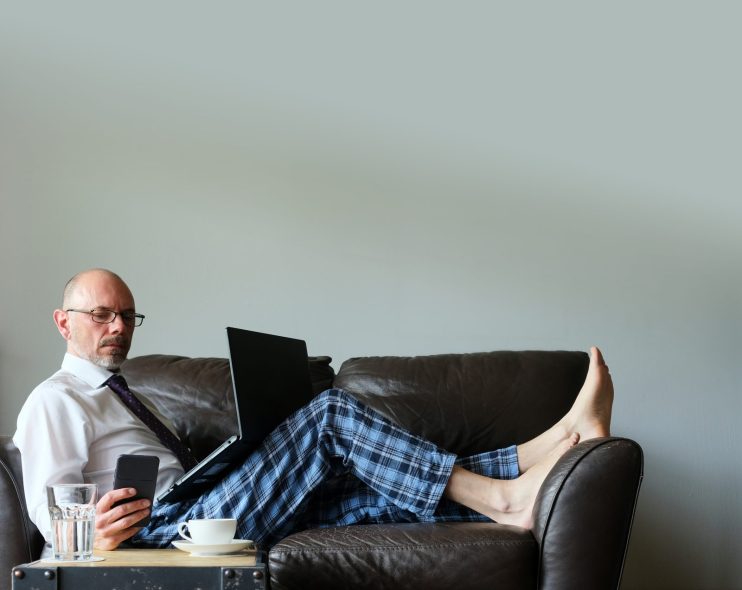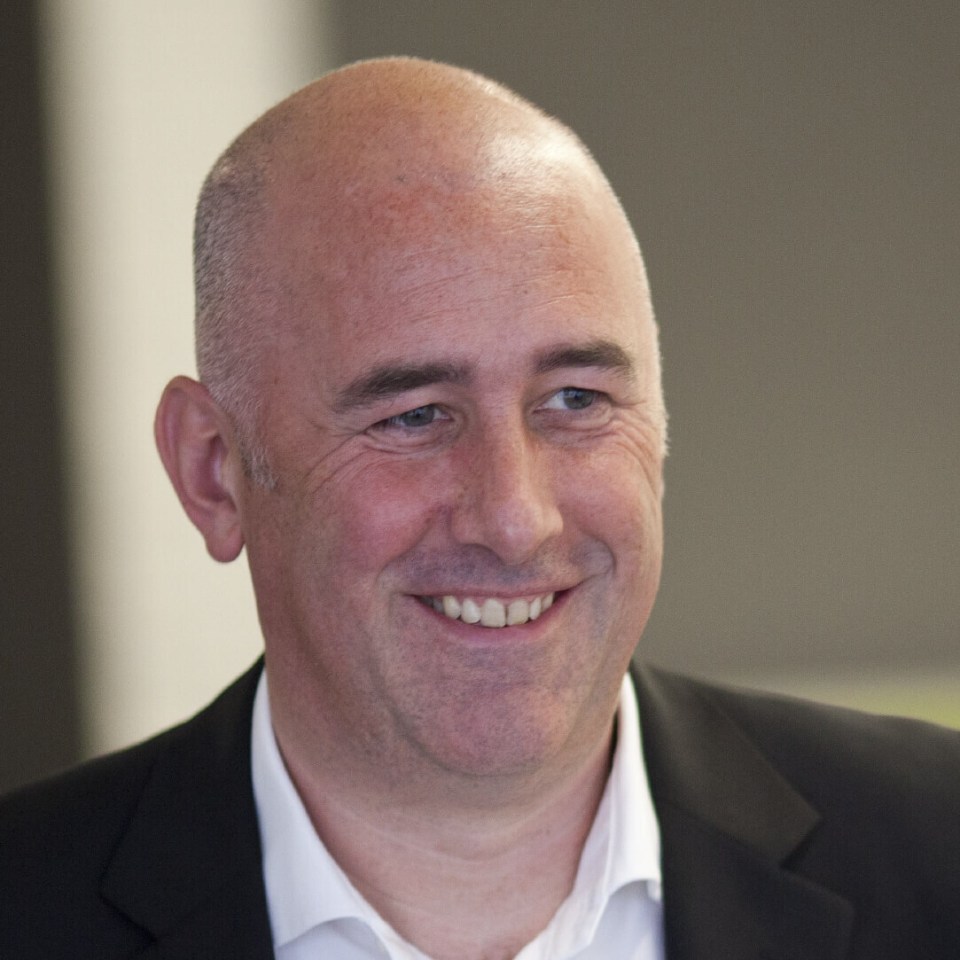Office politics

Tim Oldman, boss of the workplace consultancy Leesman, tells Andy Silvester the results of our grand hybrid working experiment are still very much in flux
Tim Oldman, as befits a man who runs a workplace consultancy, is asked as much as you’d expect about the impact of hybrid working on employees and the economy.
Those expecting an easy answer, however, will find themselves disappointed.
“We know that social connections are lesser when people aren’t in the office. But we have no idea whether that might change their career prospects, their longevity with the organisation, their creativity, their business networks. Nobody knows,” he tells City A.M.
“This is an ongoing experiment. It’s almost false to speculate.”

Those expecting an oracle, then, may be disappointed. But Oldman’s firm, Leesman, remains on the cutting edge of assessing how employees interact with their workplace, and whether that experience is good for business. He’s been a busy man since the end of the pandemic, as more firms have struggled with the joint questions of new staff expectations, productivity, and effectiveness in a half-in, half-out environment.
“We like to take stock every quarter of where we are,” he says. That’s partly the reason Leesman have launched The Hybrid Future survey alongside the MIT Center for Real Estate, with corporate partners including Natwest, Standard Chartered and GSK. The survey will take the pulse of 10,000 employees across the world to discover just what this new experiment means in practice.
CLARITY IS KEY
In the debate over hybrid working, many have already made up their mind. Some CEOs find it baffling they ever worked any other way; others, notably American banking CEOs, treat the workplace ‘revolution’ with total flippancy. Plenty more have made up their mind either way but fail to communicate it properly to staff. CEOs have told City A.M. reporters privately that they’re terrified of alienating employees young and old, in and out, alike if they pronounce either way.
What matters, per Oldman, is communicating with authenticity. He thinks we’re starting to see a new language develop, and that grew out of the pandemic.
“What we looked for from leaders was a humility, an honesty, a transparency,” Oldman reckons. That’s continued.
He points to Bill Winters at Standard Chartered as an example. “He endorsed and very vocally said how he’d like people to work (flexibly). Those who didn’t like it could ship off to another bank – but if I do like it, and I trust that it’s the most effective way for me to work, then I’m in with it.”
Others, like Jamie Dimon at JP Morgan, have been equally forthright that flexible working is for other places.
“Dimon gets a bad press because he says things that the modernisers don’t like. But the modernisers should look at the bottom line before they start throwing around too many accusations.”
CHAMONIX-ON-THAMES
So is this just horses for courses, let a thousand flowers bloom stuff? In some ways, yes. But that doesn’t mean that Oldman isn’t aware of the changes to our urban fabric driven by this grand experiment.
“There’s a risk that city centres start to feel a bit like ski resorts: they’re heavily populated at certain times of the year, and not at others,” he ponders. Are firms aware that their decisions on hybrid working have a real-world impact on the sandwich shop near the office?
“Anyone with any sophistication is thinking about it. But they’re also chasing net zero targets: the fewer people in offices means less square footage, which means the square footage they do hold onto can be in lower-carbon buildings. There are some yins and yangs on this,” he says.
“If an office is empty on a Monday and a Friday, can a catering contractor be expected to staff it properly without putting people on zero hours contracts?”
He wants local leaders to put more effort into “what might happen” – and minimising the impact. He cities Paris as an example, where “fewer people moving around less often” has allowed the Mayor to rapidly ‘green’ the urban environment with cycle lanes and pedestrianisation. “Employees might want to come back more,” he reckons, to a nicer city.
WINNERS AND LOSERS
We try one more time for those snap judgements Oldman is wary of making. We find one. “The employee is the winner. We’ve proved to every employer globally that working remotely didn’t mean anything crumbled. The losers? The landlords of low-quality office space.”